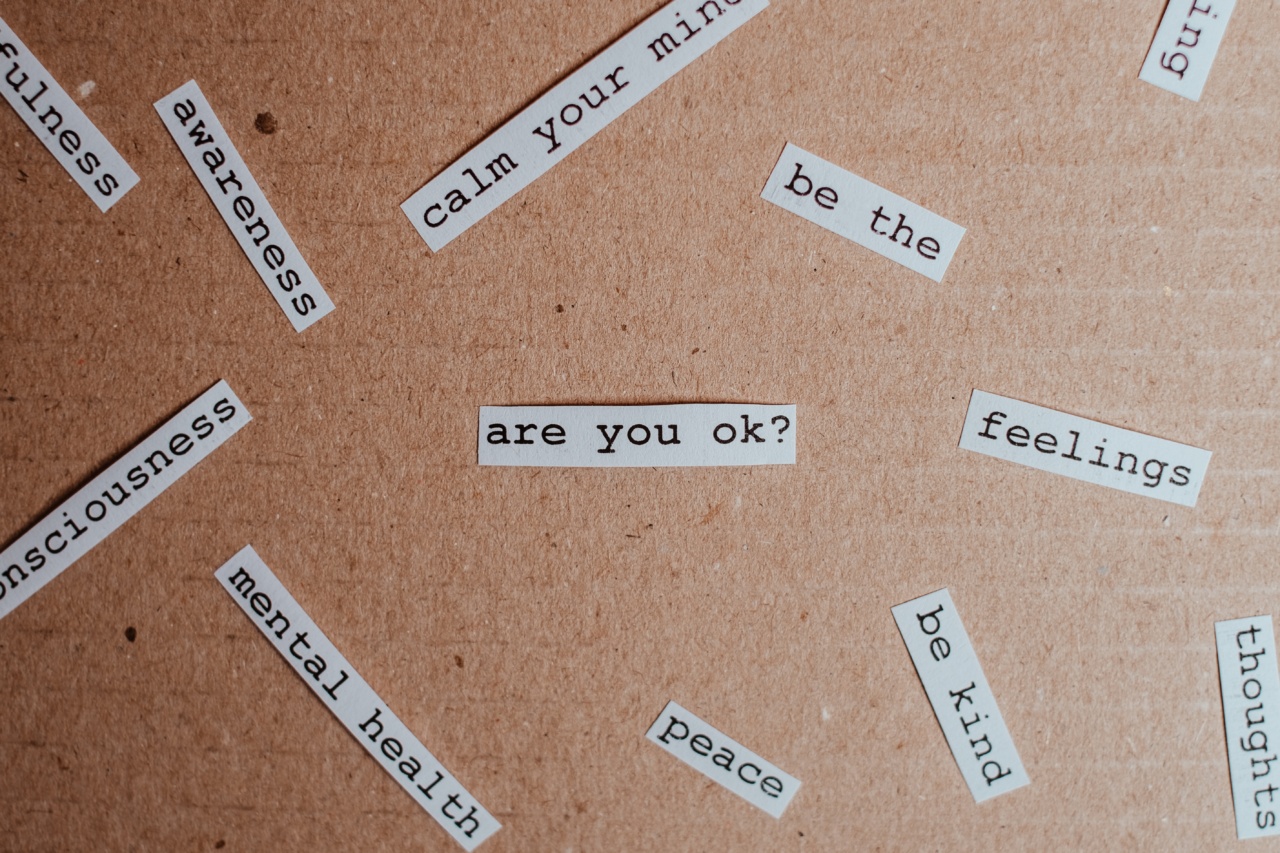Feeling chilly all the time, even in seemingly warm environments, can be quite uncomfortable and concerning. If you find yourself constantly reaching for an extra layer, it’s important to understand what might be causing this perpetual chilliness.
In this article, we will delve into various factors that could be contributing to your constant cold sensation and explore potential solutions for relief.
Anemia: A Common Culprit
Anemia is a condition characterized by a deficiency of red blood cells or hemoglobin in the blood. This can cause fatigue, weakness, and an ongoing feeling of coldness.
Common types of anemia, such as iron deficiency anemia, can significantly impact your body’s ability to regulate temperature. If you suspect anemia might be the cause of your perpetual chill, it is essential to consult with a healthcare professional who can conduct the appropriate tests and provide treatment options.
Thyroid Dysfunction: A Potential Factor
The thyroid gland plays a crucial role in regulating various bodily functions, including metabolism and body temperature. When the thyroid gland is underactive (hypothyroidism), it can result in a reduced metabolism, which often leads to feeling cold.
Other symptoms of hypothyroidism may include weight gain, fatigue, and dry skin. If you suspect a thyroid issue, it is best to seek medical advice to determine the underlying cause and explore treatment options, such as medication or hormone replacement therapy.
Raynaud’s Disease: Understanding Cold Sensitivity
Raynaud’s disease is a condition that affects blood circulation, particularly in the fingers and toes, in response to cold temperatures or emotional stress.
During an episode, the blood vessels constrict, causing reduced blood flow and, consequently, a feeling of extreme coldness in the affected areas. If you frequently experience numbness, tingling, or color changes in your fingers or toes due to exposure to cold or stress, it is advisable to see a healthcare professional for a proper diagnosis and to discuss potential management strategies.
Poor Circulation: Are You at Risk?
Inadequate blood circulation can be a significant contributor to feeling persistently cold.
Certain medical conditions, such as peripheral artery disease (PAD), diabetes, or even smoking, can impair blood flow to the extremities, resulting in a constant cold sensation. Improving circulation can involve lifestyle changes, such as regular exercise, quitting smoking, or wearing compression stockings. In more severe cases, medical interventions may be necessary to enhance blood flow.
Dietary Considerations: Fueling Your Body
The foods you consume directly impact your metabolic rate and energy production, which can affect your body’s ability to generate and maintain heat.
If your diet lacks sufficient calories or essential nutrients, your body may struggle to maintain an optimal temperature. Additionally, inadequate hydration can amplify feelings of coldness. Ensuring a balanced diet and staying hydrated can help keep your body’s internal furnace burning and prevent excessive chilling.
Stress and Anxiety: The Mind-Body Connection
Stress and anxiety can wreak havoc on various aspects of our well-being, including our perception of temperature. When stressed or anxious, our bodies may release stress hormones that impact blood circulation, potentially leading to feeling cold.
Relaxation techniques, regular exercise, and seeking support for managing stress can all contribute to improving your body’s overall temperature regulation.
Underlying Medical Conditions
There are numerous medical conditions beyond anemia and thyroid dysfunction that can contribute to feeling persistently chilly.
Conditions such as chronic fatigue syndrome, fibromyalgia, and even certain autoimmune disorders can manifest with symptoms of cold sensitivity. If you have exhausted other potential causes or have accompanying symptoms, consulting a healthcare professional is essential for a comprehensive evaluation and accurate diagnosis.
Hormonal Imbalances: Women’s Health Matters
Hormonal fluctuations play a significant role in women’s overall well-being, and they can also impact body temperature regulation.
Women often experience temperature-related symptoms during different stages of their menstrual cycle, pregnancy, or menopause. If you suspect hormonal imbalances might be contributing to your constant chilliness, consulting with a healthcare professional who specializes in women’s health can provide valuable insights and potential treatment options.
Environmental Factors: The Obvious Influence
While it is essential to explore underlying medical causes, external factors in your environment can significantly impact the way you perceive temperature.
Exposure to cold weather, drafts, or air conditioning for extended periods can make you feel chilly even when others may find the temperature comfortable. It is crucial to maintain a suitable indoor temperature and appropriately layer your clothing to provide insulation against external elements.
Lifestyle Choices: Are You Contributing to the Chill?
Some lifestyle choices can inadvertently contribute to feeling cold all the time. Certain habits, such as smoking, excessive alcohol consumption, or a sedentary lifestyle, can negatively affect circulation and overall body temperature regulation.
Making healthier choices by quitting smoking, moderating alcohol intake, and incorporating regular physical activity can enhance blood flow and help alleviate the perpetual chill sensation.
Conclusion
Feeling chilly all the time can be uncomfortable and disconcerting, but understanding the potential causes behind this sensation is the first step toward finding relief.
From underlying medical conditions and dietary considerations to environmental influences and lifestyle choices, many factors can contribute to feeling persistently cold. If you have concerns about your perpetual chilliness, it is always advisable to consult with a healthcare professional who can assess your individual situation and provide targeted recommendations to help you regain a sense of warmth and comfort.































